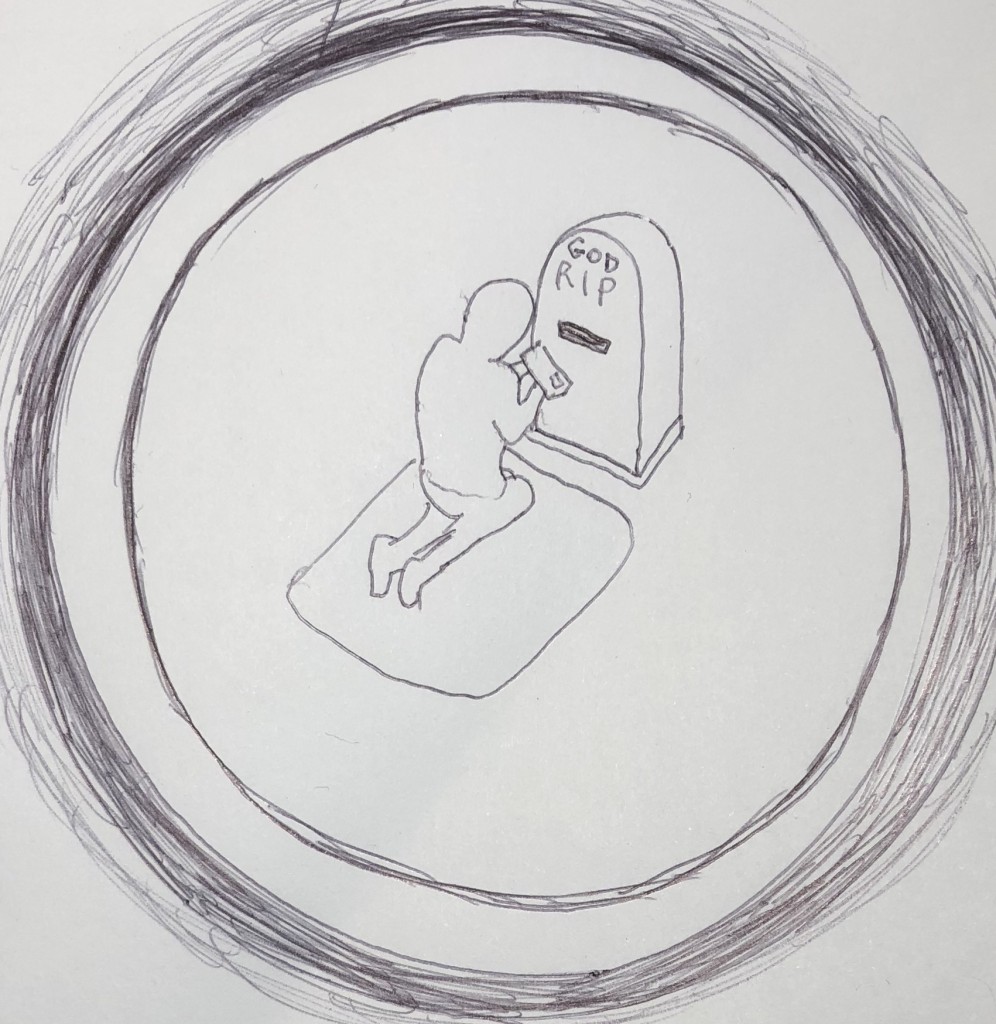Good Grief
In the face of loss, the experience of grief can be profound. In the shock of being confronted with the reality of losing someone or something that holds significant personal value to you the impact can be intense. It can be the loss of a person, relationship or career that may trigger grief.
Everyone reacts differently to grief which may initially be felt as shock. In shock we may go into denial and disbelief and even numbness. Trying to make sense of what’s happened can be confusing and the emotional release may feel uncontrollable at times. Whilst some people may find themselves withdrawing out of feeling alone in their grief, others lean in to receive the support of those close to find comfort. There may be times that feelings of guilt arise; which may stem from the inevitable questions that are being processed, such as wondering if things could have happened differently. It’s also normal to feel angry, potentially out of the perceived injustices that may have occurred. In that anger, resentments may also build creating hostility at the situation or at others.
What is important is that an internal allowance is given to process in your own time and your own way what has happened. In so doing, gradually, an acceptance is gained of what has happened. In coming to terms with this reality life is allowed to continue. Despite the obvious changes that have taken place there may even be room to find gratitude for what you do have, rather than what has been lost.
There can sometimes be a pleasurable nostalgia in missing what has been lost. This desire can be the source of going within to re-experience past memories. Quiet moments of reflection can sometimes be fleeting. At other times there seems to be an endless wave of grief that throws you to the core. As the waves of grief come and go, there may be times that the pain of grief is met with the relief of ‘good grief’.
Being present to your experience of grief can bring about personal growth. In the trials of adversity, a certain resilience may begin to form that shields you to the challenges that life inevitably brings. In confronting the experience of grief there is an integration process whereby a transformation occurs. With this change there may be new perspectives formed, purpose and meaning may be discovered, or perhaps a shift in character may be adopted. These changes may set the path for how you may approach the various life stages that present themselves.
Grief is a journey, that at some point everyone must experience. Loss is a part of life. How you come to terms with grief may define who you are. As much as it may feel that things are out of your control whilst in the throes of grief, there comes a point of realisation that there is considerable choice in determining who you really are in the passing of grief.
Written by David Kalmar
Psychologist
Psychology Pathways


